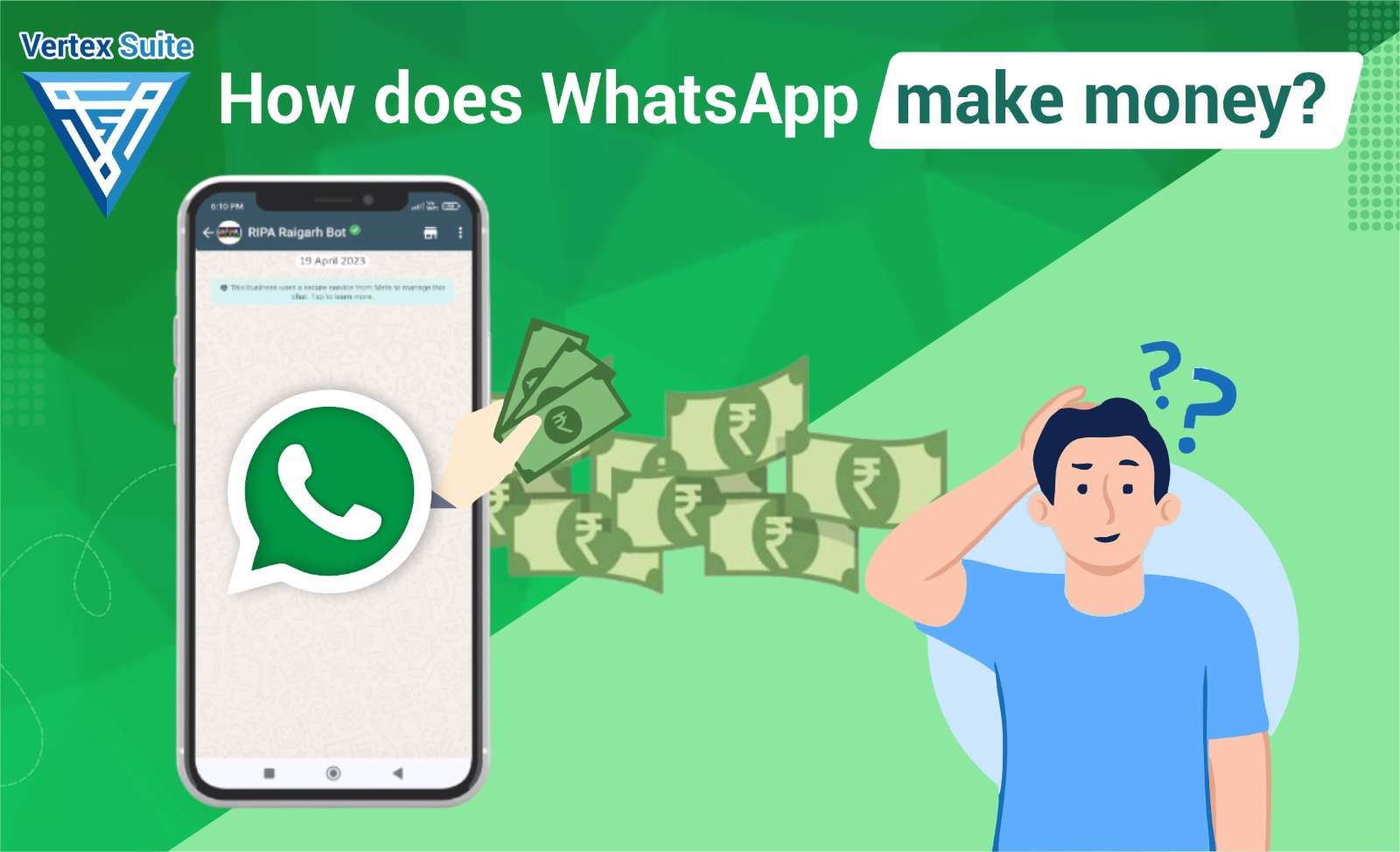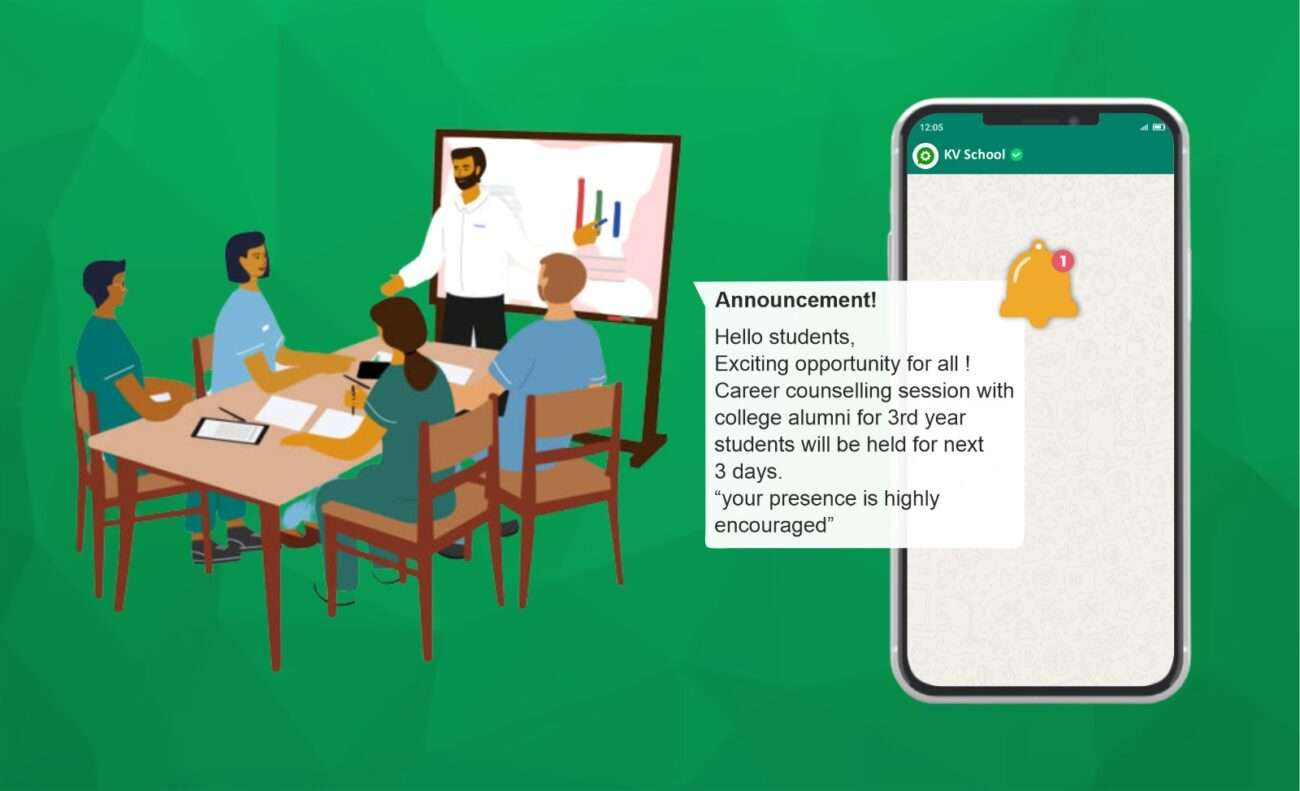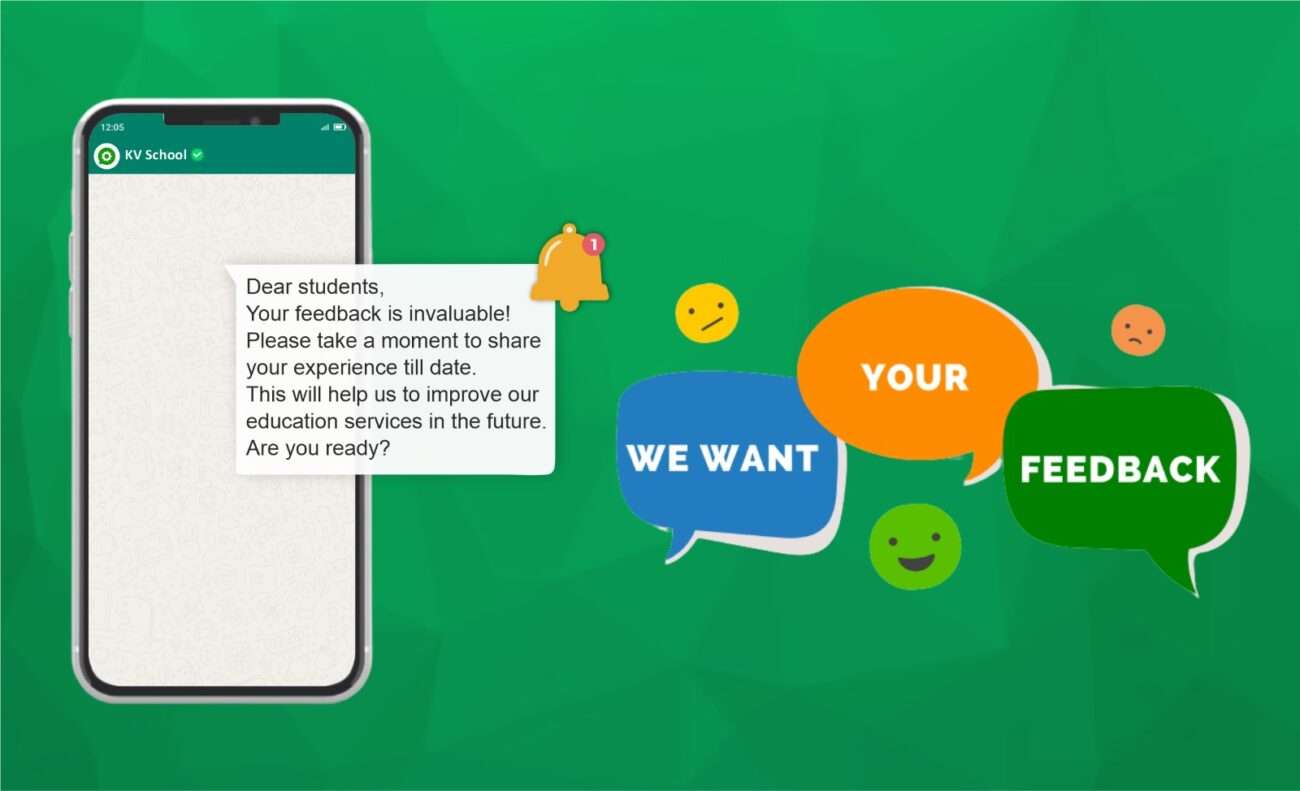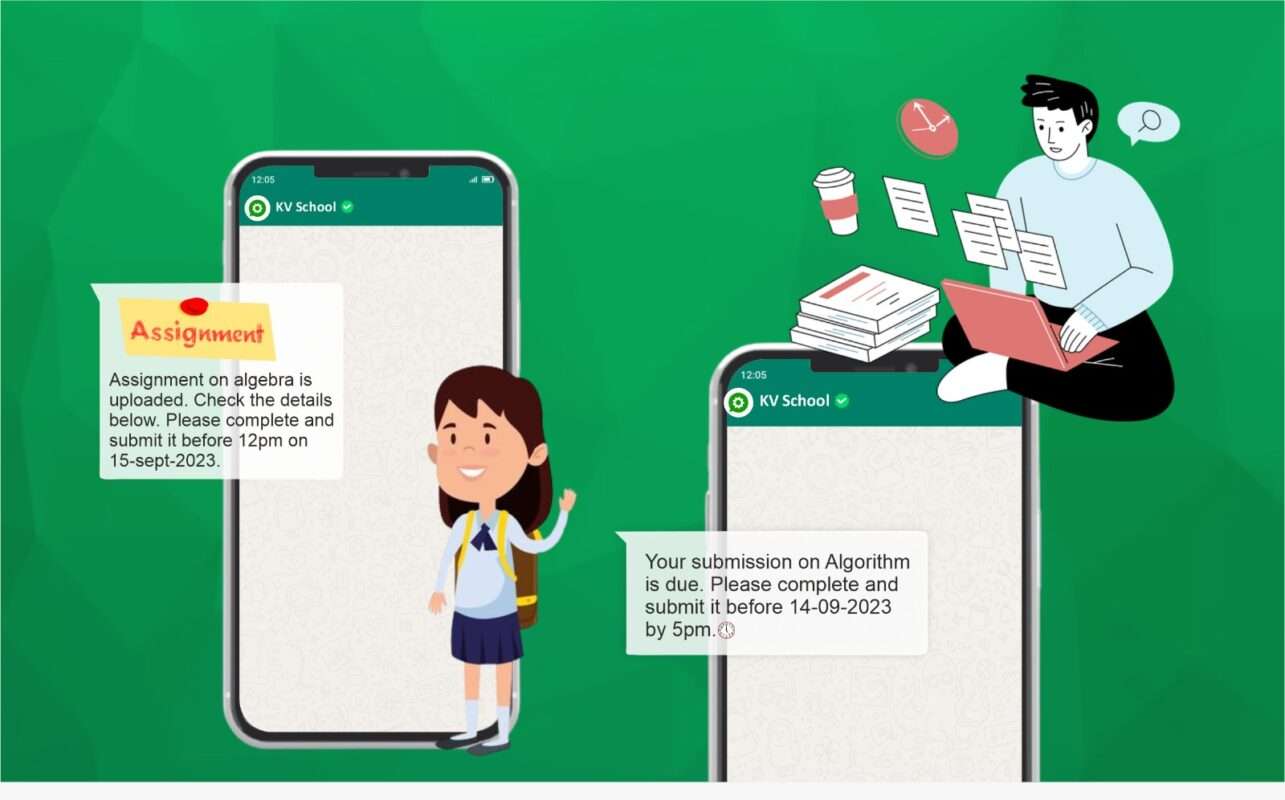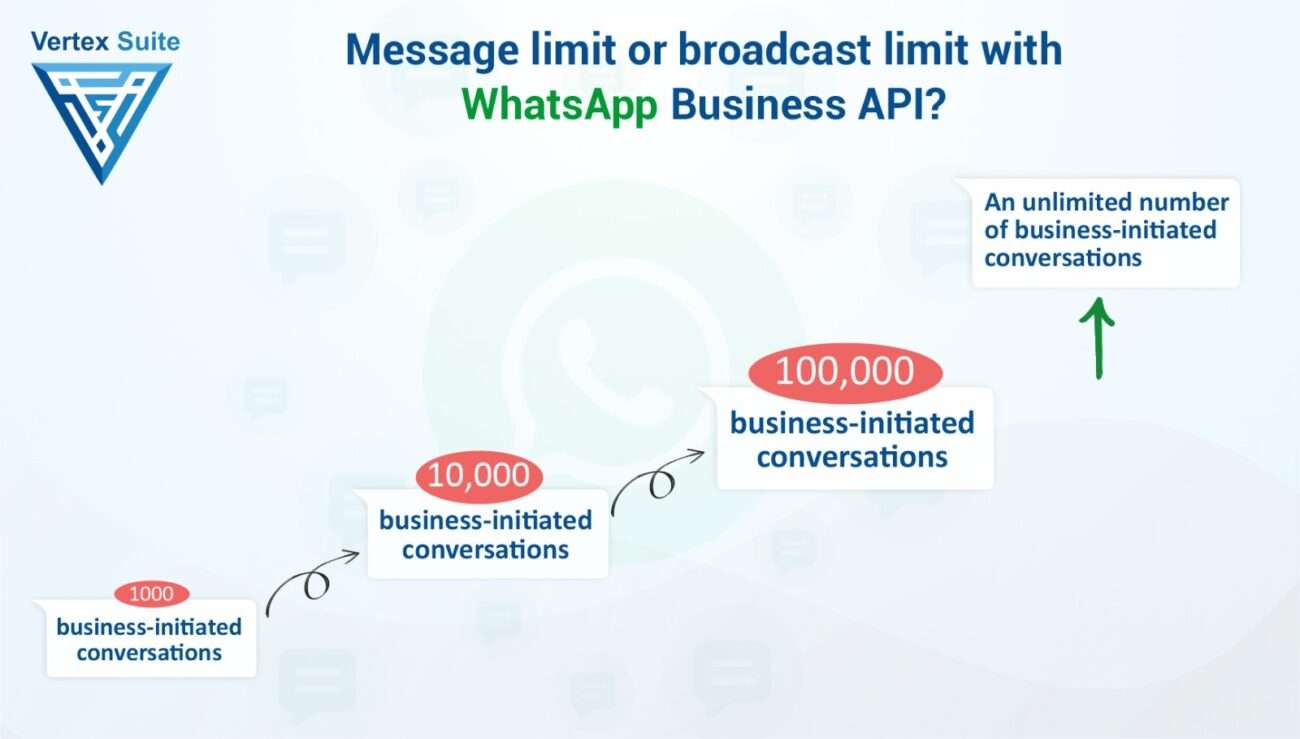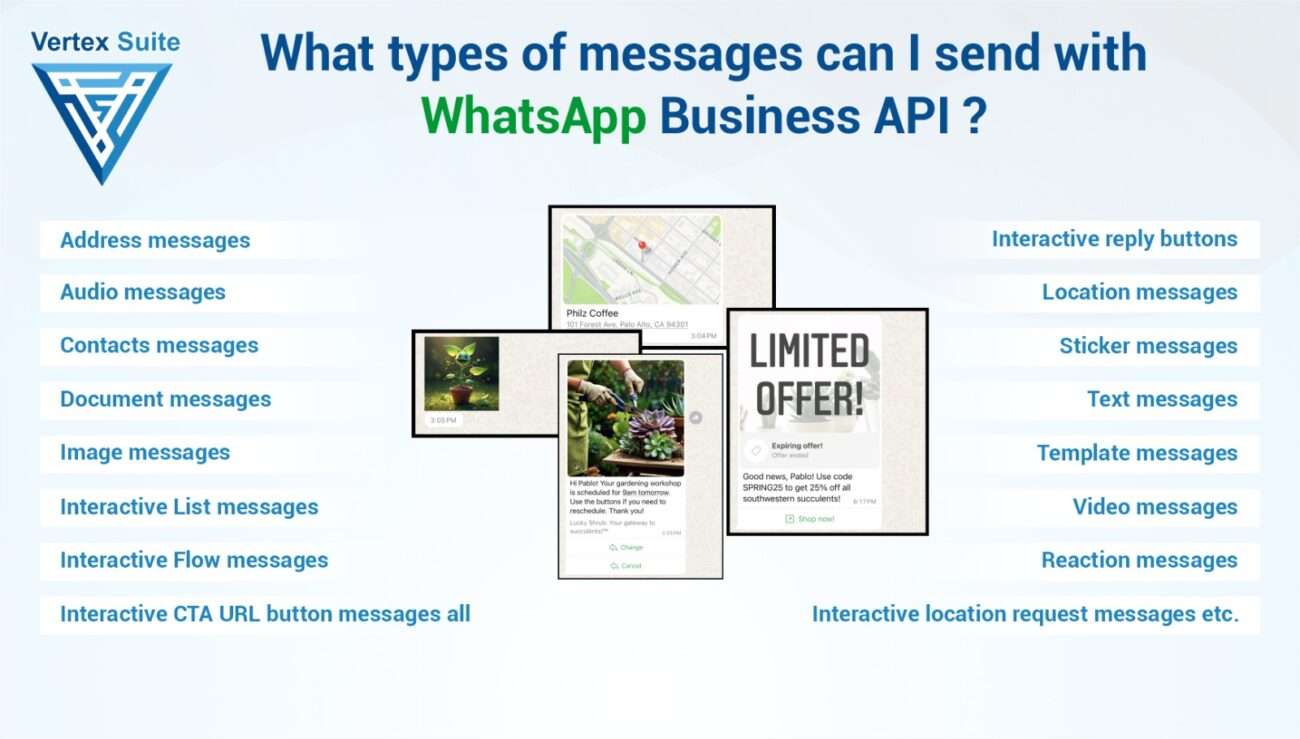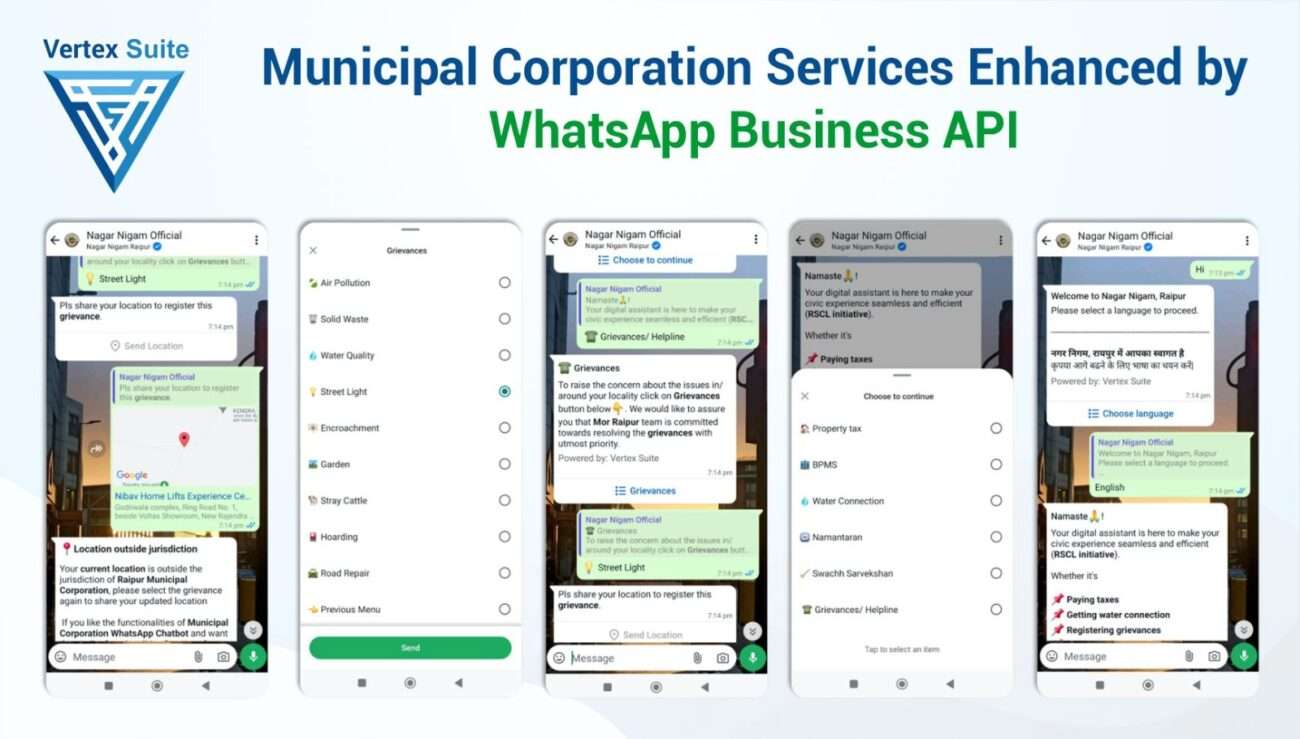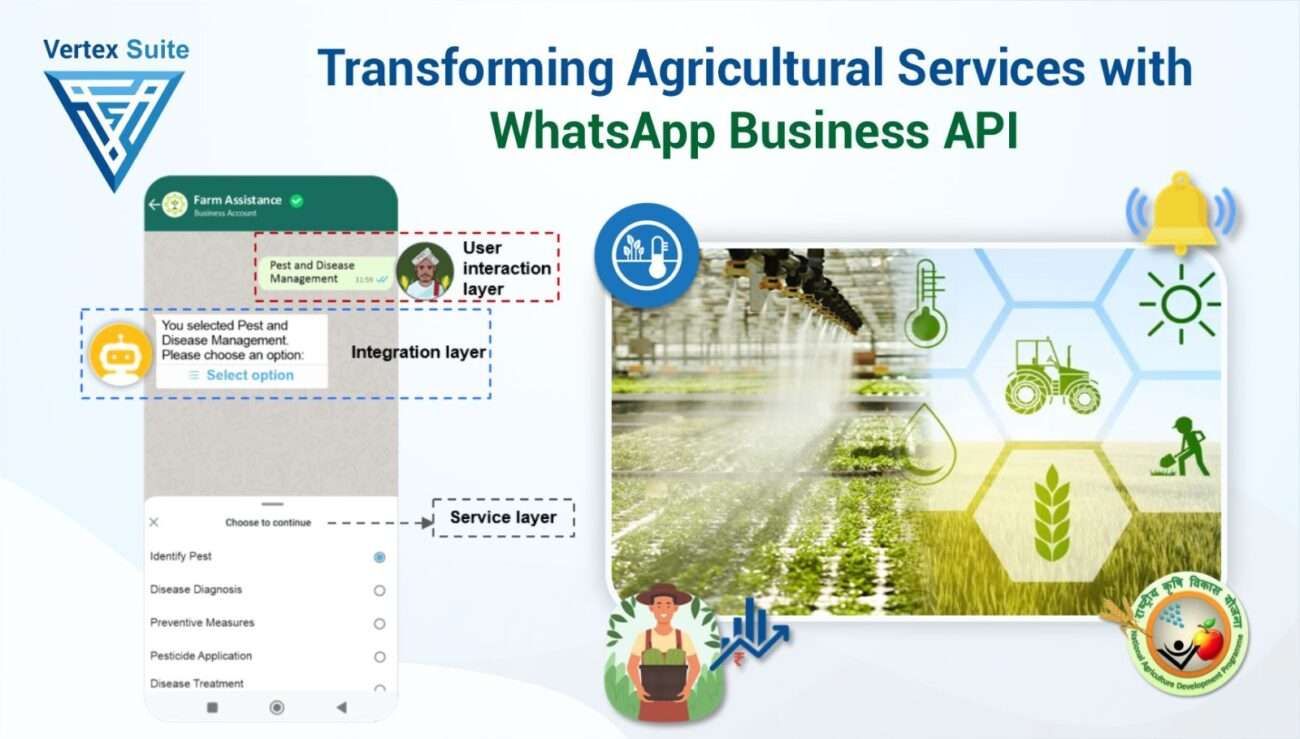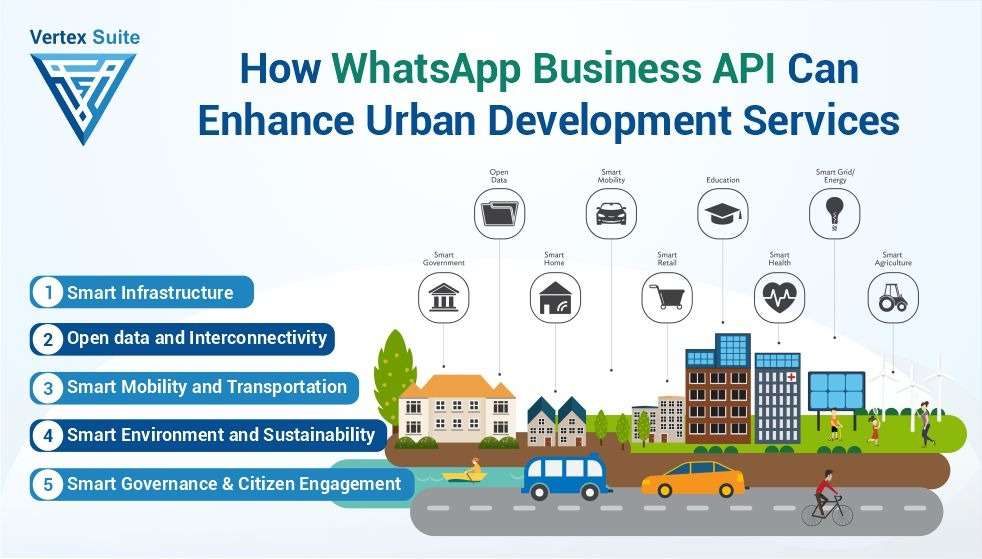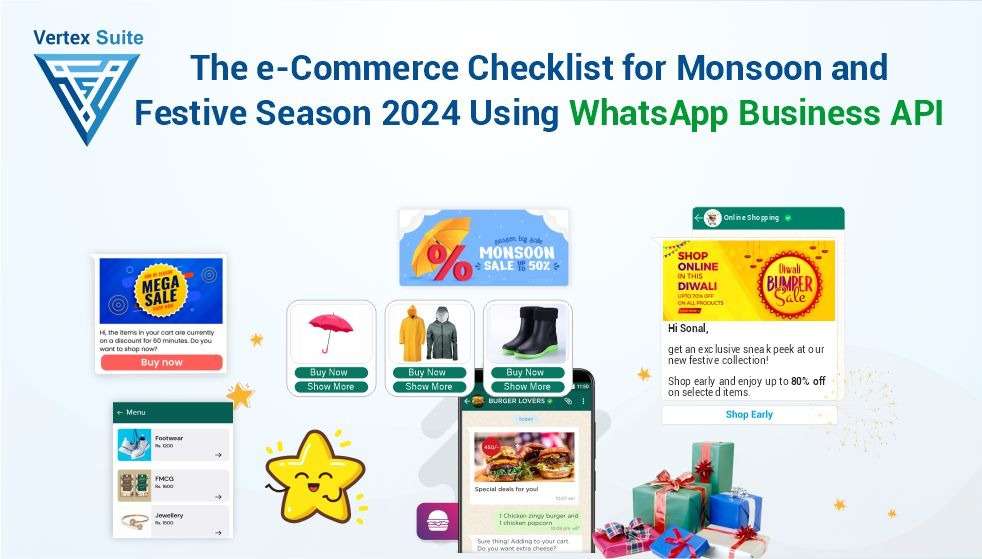In today's advanced digital era, where communication medium has broken its traditional boundaries, WhatsApp is a great example of this. These messaging apps are creating personalized ways of connecting with people by incorporating multiple mediums of communication.
Launched in 2009 and acquired by Facebook in 2014, WhatsApp has become an integral part of our daily lives. Its better interface is many times more advanced and equipped with higher security than other messaging apps.
Let us now understand how this free messaging app works on revenue model to maintain itself in the market? Let us try to understand the complexity of WhatsApp's revenue model.
1. Free, Yet Valuable:
As you know, WhatsApp is based on a commitment to provide a better user experience, high security, reliable messaging service. The app has a user-friendly interface, end-to-end encryption for secure conversations and other features that make it an attractive option for more than two billion users worldwide. Despite this free-to-use market, WhatsApp has strategically implemented a revenue model that ensures its continued sustainability.
2. Business API: A Gateway to Revenue:
An important source of revenue for WhatsApp is the WhatsApp Business API (Application Programming Interface). This WhatsApp API enables businesses to connect tightly with customers on their platform, providing a better and streamlined channel for customer communication.
Through this Business API, businesses can avail the services of personal, transactional messages, notifications and other necessary updates directly with their customers. This model is especially beneficial for sectors like e-commerce, travel, banking, hospitals, where timely communication is critical. Its revenue model is based on business messaging, interactive messaging, customized solutions and many big companies are also using it.
3. WhatsApp Business App: Catering to Small Enterprises:
WhatsApp implemented WhatsApp Business app for small to medium businesses in which businesses can create a business profile and offer products. Its other features like automated greetings, quick replies and business analytics promote interactions between businesses and customers. The business app itself is free to use but WhatsApp has hinted at introducing premium features for these businesses in the future. which will provide another opportunity for revenue generation.
4. Monetizing the Enterprise:
WhatsApp's enterprise-focused services in the market don't end with just APIs and apps. The platform has also made a successful foray into enterprise solutions with the introduction of WhatsApp Enterprise Solution Providers. This service provider helps businesses integrate WhatsApp's communication tools into their existing systems (business website or otherwise). By providing enterprise solutions, WhatsApp enters the corporate market and provides customer tailored services to meet specific needs of businesses.
5. WhatsApp Payments: A game-changer:
WhatsApp introduced a payments feature for its revenue model that allows users to send and receive money directly through the app. Taking advantage of the Unified Payments Interface (UPI) in India, WhatsApp simplifies the transaction process. While the service is currently free for individuals to provide payment services, WhatsApp has introduced another avenue for monetization and plans to charge fees for business transactions in the future.
6. Staying Ad-Free, For Now:
As you know, its parent company Facebook has refrained from displaying any kind of advertisement on WhatsApp. This makes the user experience even better. Although no such update has come yet, some sources have revealed that WhatsApp is exploring new ways to integrate advertising without compromising user privacy, which presents a potential future revenue stream.
7. Way forward: Innovation and expansion:
WhatsApp and its new technology is establishing trusted relationships between customers and businesses. WhatsApp is working on future innovations and expansion on features like better catalog sharing, product discovery and more on the platform. As WhatsApp evolves, its revenue model is also adapting to the dynamic landscape of digital communications.
Ultimately, free-to-use WhatsApp focuses its revenue model on two important models: WhatsApp Business and WhatsApp Business API. In the coming time, it will create a world class business through better marketing. By serving businesses of all sizes and exploring new avenues for monetization, WhatsApp provides a free and reliable platform for users around the world.
Its continuous update system reflects the spirit of a well-established business. Just a few days ago, WhatsApp implemented a feature in its update to connect two accounts in one WhatsApp, which will benefit those users more than one. We use mobile phones and can communicate with them only through WhatsApp app. This service is available only for Android users, there is no update for Android phone users yet.
With such features, WhatsApp is working on new strategies to establish its revenue. As the platform develops, the level of development in their revenue area will increase.


